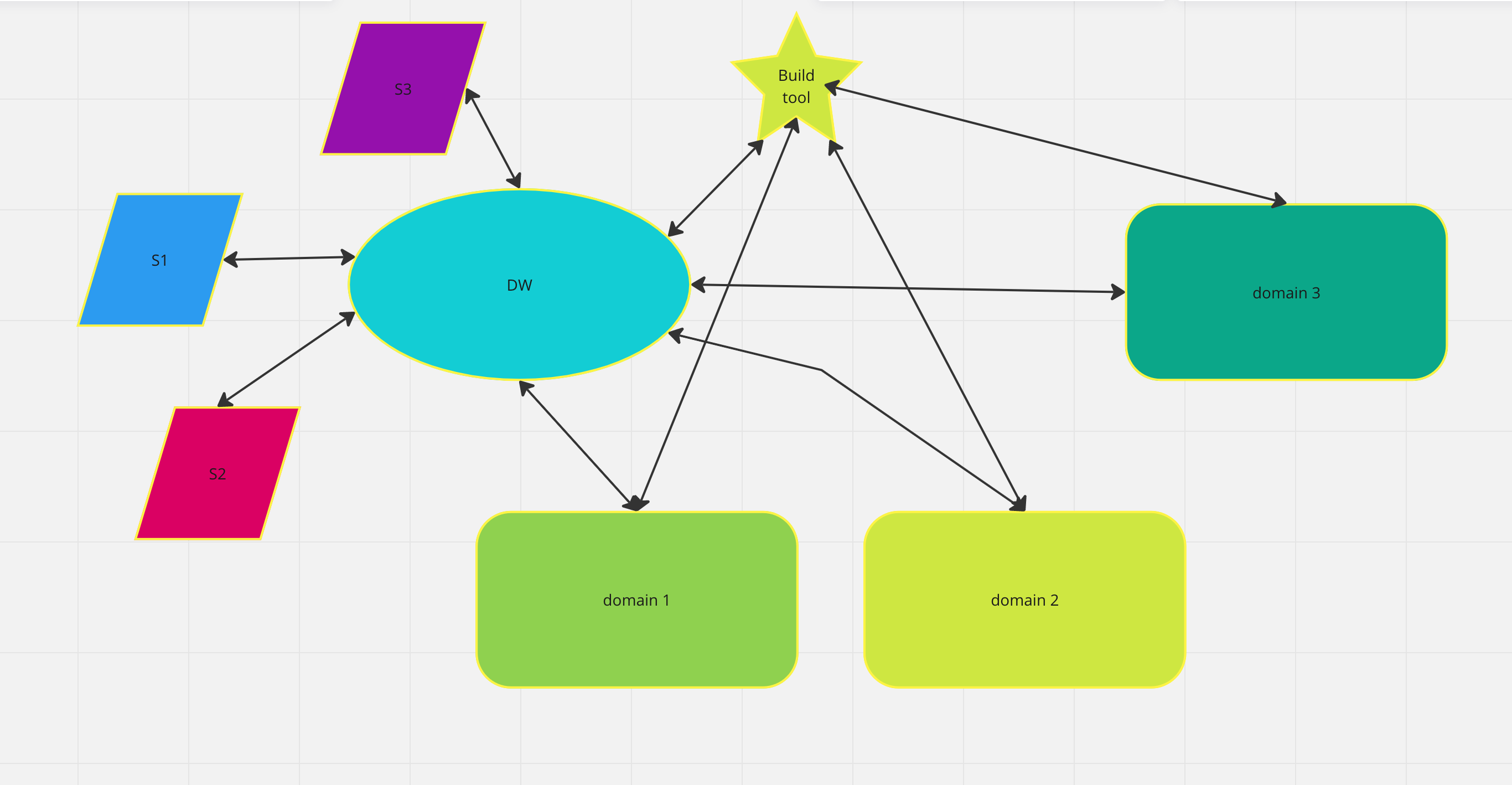Introduction to MLOps Systems
MLOps, or machine learning operations, is an emerging field that aims to apply DevOps principles to machine learning projects. It includes practices and tools to help data scientists, developers, and IT operations teams work together efficiently to build and deploy machine learning models at scale. In recent years, there has been a growing interest in MLOps, and several MLOps tools and platforms have emerged to support this growing need.
In this article, we will compare and summarize four popular MLOps systems: Kubeflow, MLflow, TensorBoard, and DVC. We will look at the features and capabilities of each system, how they compare to each other, and which one might be the best fit for your organization.
Kubeflow
Kubeflow is an open-source MLOps platform built on top of Kubernetes, an open-source container orchestration system. It provides a set of tools and best practices for building, deploying, and managing machine learning workflows in a scalable, cloud-native environment. Kubeflow includes a range of components, including Jupyter Notebooks, TensorFlow, and PyTorch, and it provides integrations with other popular tools like MLflow and DVC.
One of the key benefits of Kubeflow is its scalability. It can handle large-scale distributed machine learning workloads, and it provides a robust set of tools for managing these workloads. It also provides a user-friendly web interface for managing workflows, making it easy for data scientists and developers to collaborate on machine learning projects.
However, Kubeflow can be complex to set up and manage, especially for organizations that are new to Kubernetes. It requires significant expertise in containerization, networking, and other related technologies. Additionally, some users have reported that it can be challenging to integrate Kubeflow with other tools and platforms.
MLflow
MLflow is an open-source platform for managing the end-to-end machine learning lifecycle. It provides tools for tracking experiments, packaging code into reproducible runs, and sharing and deploying models. MLflow supports a range of machine learning libraries and frameworks, including TensorFlow, PyTorch, and Scikit-learn.
One of the main benefits of MLflow is its ease of use. It provides a user-friendly web interface for tracking experiments and managing runs, making it easy for data scientists and developers to collaborate on machine learning projects. It also includes a model registry for versioning and sharing models and an API for deploying models to production.
However, MLflow has some limitations. It lacks some of the more advanced features of other MLOps systems, such as distributed training and model serving. It also has limited support for containerization and deployment to Kubernetes.
TensorBoard
TensorBoard is a web-based tool for visualizing machine learning models built on top of TensorFlow, an open-source machine learning library. It provides a range of visualization tools for monitoring and debugging machine learning models, including histograms, scalars, and graphs.
One of the main benefits of TensorBoard is its ease of use. It provides a user-friendly web interface for visualizing machine learning models, making it easy for data scientists and developers to monitor and debug their models. It also provides integration with other popular machine learning libraries like PyTorch.
However, TensorBoard is limited in its capabilities. It is mainly focused on model visualization and monitoring and does not provide support for model training, deployment, or management. Additionally, it is primarily focused on TensorFlow, so it may not be the best fit for organizations that use other machine learning libraries.
DVC
DVC, or Data Version Control, is an open-source tool for managing machine learning data models with version control.
DVC also provides integration with various cloud services such as AWS S3, Google Cloud Storage, and Microsoft Azure Blob Storage, making it easier to store and manage data in the cloud. Additionally, DVC also has support for managing large datasets and distributed environments, which makes it suitable for scaling machine learning workflows.
One notable advantage of DVC is its focus on data versioning and reproducibility. With DVC, users can track changes to their data and ensure that their machine learning experiments are reproducible, which is critical in ensuring the reliability and consistency of machine learning models. DVC also integrates with various tools such as Git, making it easier to manage and track changes to both code and data.
Overall, DVC is a powerful tool that provides a comprehensive solution for managing machine learning workflows, particularly in terms of data versioning and reproducibility. It has a relatively low learning curve and is available as an open-source tool, making it an excellent choice for both small and large machine learning teams.
Conclusion
In conclusion, there are several powerful MLOps tools and platforms available that can help streamline and simplify the management of machine learning workflows. These tools provide a range of features for managing data, tracking experiments, packaging code and data, and deploying models to various environments.
When choosing an MLOps tool or platform, it’s important to consider factors such as ease of use, scalability, integrations, and cost. Additionally, open-source tools such as DVC, Kubeflow, and MLflow can provide a cost-effective solution for managing machine learning workflows, particularly for small to medium-sized teams.
Overall, MLOps is an exciting and rapidly evolving field, with new tools and platforms being developed regularly. By leveraging the right MLOps tools and best practices, teams can accelerate their machine learning workflows and ensure the reliability and consistency of their machine learning models.


